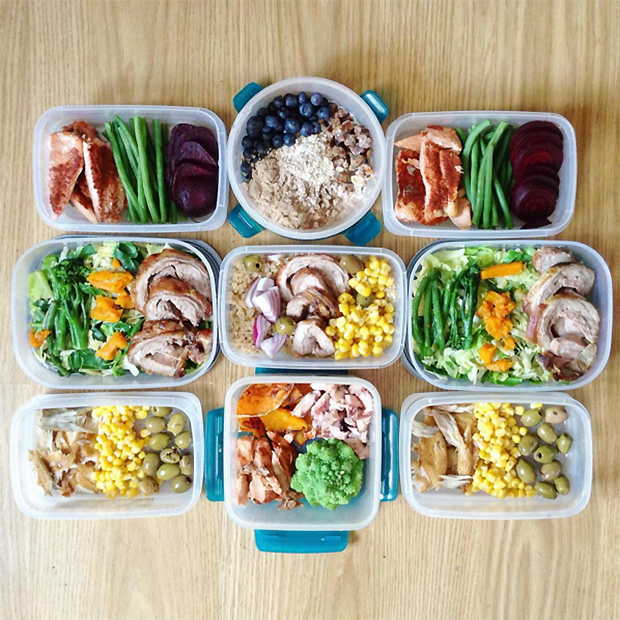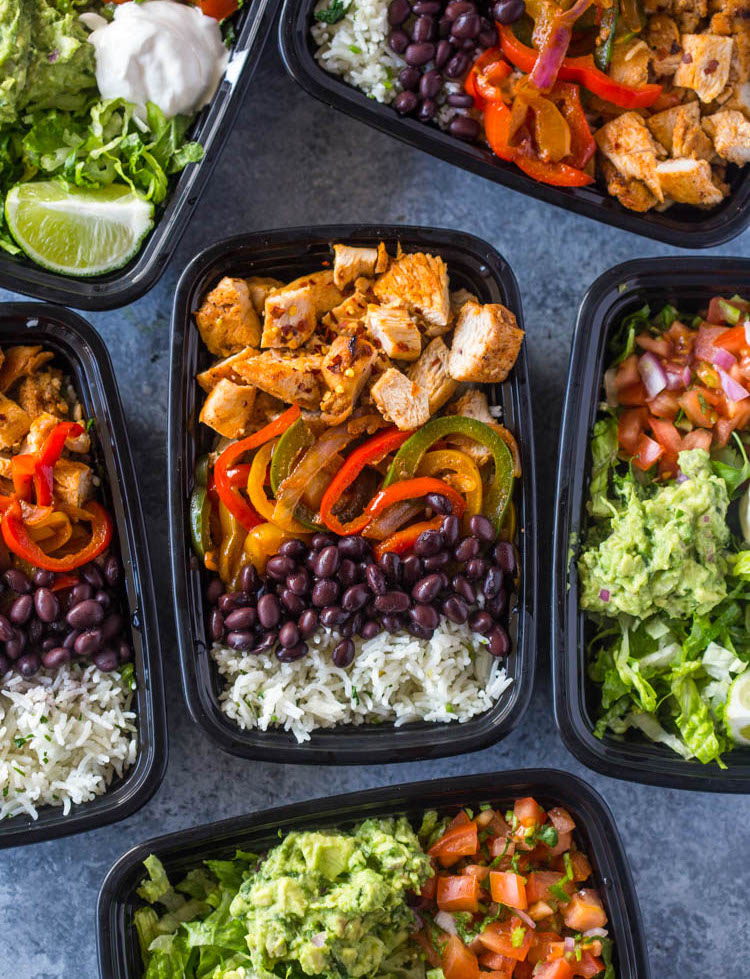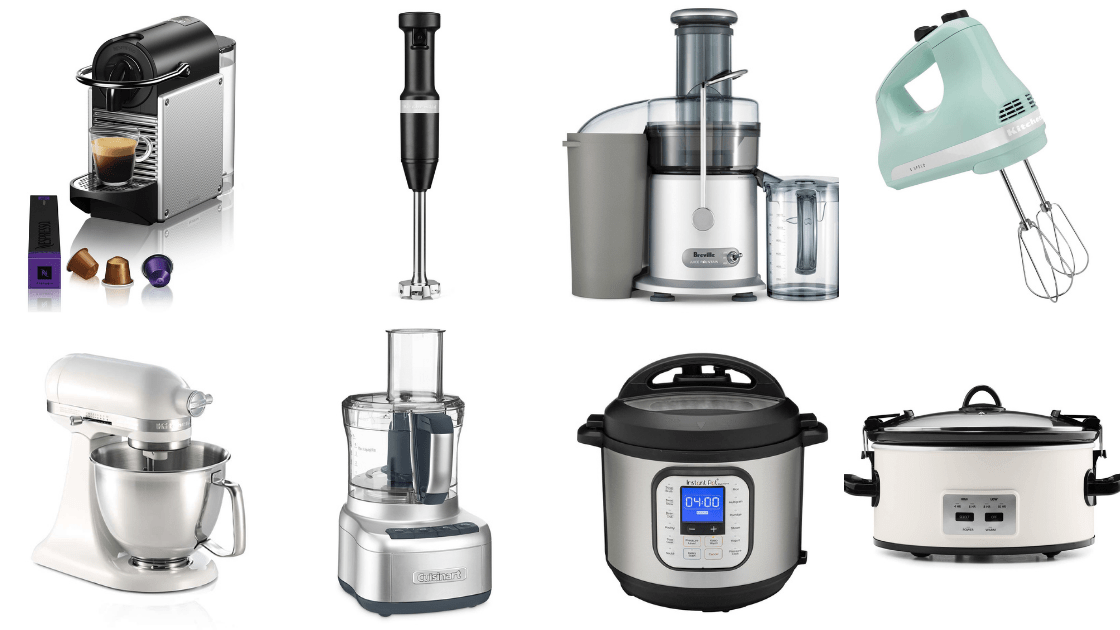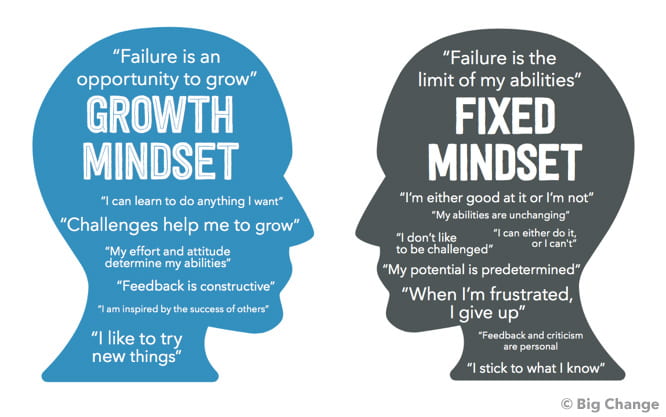Healthy Fresh Meal Plan/Prep
Why do I need a healthy fresh meal plan/prep?
A healthy meal plan and proper food preparation are essential for maintaining good physical health. Eating a diet rich in fresh fruits, vegetables, whole grains, lean proteins, and healthy fats provides the body with the essential nutrients it needs to function properly. On the other hand, a diet high in processed foods, added sugars, and saturated fats can lead to weight gain, chronic diseases such as diabetes and heart disease.
Preparing meals at home and planning ahead can help ensure that you have healthy options readily available, instead of resorting to quick and unhealthy choices. Meal prepping can also help you to stick to your dietary goals and avoid overeating. Having a plan for meals and snacks also can help you to stay within your daily calorie needs. Additionally, cooking at home allows you to control the ingredients and to avoid added sugars, sodium, and unhealthy fats.
All in all, a healthy meal plan and proper food preparation can have a positive impact on an individual’s physical and mental well-being, and can help prevent chronic diseases.
Vessel worthy of your higher self
It is important to remember that the mind and body are interconnected and that one cannot function at its best without the other. When the body is weak or unhealthy, it can become a bottleneck for the mind, preventing it from reaching its full potential. On the other hand, when the mind is in a constant state of stress, it can affect the body’s physical and mental well-being. To achieve optimal health, it is essential to maintain a balance between the mind and body.
This can be done by engaging in regular physical exercise, eating a healthy diet, getting enough sleep, and practicing stress-reduction techniques such as meditation or yoga. Additionally, it’s important to be mindful of one’s mental and emotional well-being and to seek help if needed. By prioritizing both the mind and the body, you can achieve a greater sense of balance, well-being and reach your full potential.
How to improve our body?
Exercise and nutrition are both crucial components of a healthy lifestyle. They work in harmony to provide the body with the tools it needs to function optimally. Exercise provides the body with the physical activity it needs to maintain strength and flexibility, while nutrition provides the body with the essential nutrients it needs to repair and grow. Together, they form a 50/50 relationship, where one cannot function without the other.
Regular exercise without proper nutrition will not provide the body with enough fuel to repair and grow, while proper nutrition without regular exercise will not provide the body with enough physical activity to maintain strength and flexibility.
A balanced approach to both exercise and nutrition is necessary to achieve optimal physical health. This means eating a balanced diet that includes a variety of fruits, vegetables, whole grains, lean proteins, and healthy fats, in addition to engaging in regular physical activity such as cardio, strength training and stretching.
Fixing our nutrition using a healthy meal plan/prep
A healthy fresh meal plan and preparation can be an effective tool for achieving better nutrition and overall health. To start, it is important to make a list of the foods you want to include in your diet, such as fruits, vegetables, lean proteins, whole grains, and healthy fats.
Once you have your list, you can begin to plan your meals and snacks for the week. This can include items such as grilled chicken with a side of roasted vegetables, or a salad made with mixed greens, nuts, and berries. When it comes to preparation, setting aside time on the weekend or a designated day of the week to cook and prep meals can save time during the busy weekdays.
You can use this time to cook grains like quinoa or brown rice, roast vegetables, and cook proteins like chicken or fish. Additionally, you can prepare and package snacks such as carrot sticks, cucumber slices, or hummus to have on hand for when you need a quick bite. By incorporating a variety of healthy and fresh foods into your diet, you can improve your nutrition and overall health, and have the energy you need to live your life to the fullest.
But I don’t have time to cook a healthy meal!/I don’t know how to cook!
Creating a healthy fresh meal plan and preparation can be fast and easy, even for people who don’t know how to cook, by utilizing kitchen appliances such as crock pots, pressure cookers, and rice cookers. These appliances are very user-friendly, and can make meal prep simple and straightforward.
For example, using a crock pot, you can simply toss in ingredients like chicken, vegetables, and broth in the morning and come home to a fully cooked meal in the evening. You can find many online resources such as recipes and tutorials that are easy to follow and will guide you through the process of using a crock pot.
Similarly, pressure cookers are a great option for quickly cooking grains and proteins. They can cook a pot of quinoa or brown rice in just a few minutes, and you can also find many recipes and tutorials that are easy to follow. Rice cookers are also a convenient way to cook grains perfectly and without having to constantly monitor the pot, and they come with clear instructions on how to use them.
In addition to these appliances, you can also use food processors, blenders, and choppers to prepare vegetables and fruits for salads, soups, and smoothies. These tools can save time and effort for meal prep and make it easy to incorporate healthy fruits and vegetables into your diet.
Overall, using these appliances can make meal planning and preparation fast, easy and convenient, even for people who don’t know how to cook, allowing you to focus on eating healthy and fresh meals while saving time and effort.
Advantages of a healthy fresh meal plan/prep
Meal prepping is a great way to save time and eat healthy, rather than relying on fast food. By planning and preparing meals in advance, you can have healthy options readily available throughout the week, eliminating the need to make last-minute decisions about what to eat. Meal prepping can be done on the weekends or a designated day of the week, and can include items such as cooked grains, roasted vegetables, and pre-portioned proteins. These pre-made meals can be stored in the refrigerator or freezer for easy access during the week.
Additionally, you can also prepare and package snacks such as carrot sticks, cucumber slices, or hummus to have on hand for when you need a quick bite. This can help you avoid reaching for unhealthy options like fast food or processed snacks. By taking the time to plan and prepare meals in advance, you can save time throughout the week and make healthier food choices.
Furthermore, cooking at home allows you to control the ingredients and to avoid added sugars, sodium, and unhealthy fats found in fast foods. This can lead to better overall health and well-being, and can help prevent chronic diseases.
How do I make a meal plan?/What do I buy for my groceries?
Creating a healthy fresh meal plan involves considering a variety of nutritious foods and incorporating them into your diet. A balanced meal plan should include a variety of fruits, vegetables, whole grains, lean proteins, and healthy fats. To start, you can make a list of the foods you want to include in your diet and then begin to plan your meals and snacks for the week. For example, you can plan to have a salad made with mixed greens, nuts, and berries for lunch and grilled chicken with a side of roasted vegetables for dinner.
In addition, it’s important to also consider portion sizes and calorie needs, so you can make sure you’re getting enough but not too much. Consulting with a registered dietitian or nutritionist can also be helpful to ensure that you’re getting all the necessary nutrients for your individual needs.
Another tip for creating a healthy fresh meal plan is to make use of seasonal produce, as they are often fresher, more nutritious, and less expensive. Moreover, you can also take inspiration from different cuisines and cultures, to add variety and interest to your meals.
Overall, creating a healthy fresh meal plan takes some planning and effort, but it is worth it in the long run for better health and well-being.
Can’t I just go on a diet?
Dieting is often seen as a quick fix for weight loss, but it is not a sustainable solution for long-term health. Diets typically involve strict rules and restrictions, which can be difficult to stick to for an extended period of time. Many people who diet often find that they regain the weight they lost once they return to their normal eating habits. Additionally, restrictive diets can lead to feelings of deprivation, which can lead to overeating and a negative relationship with food.
On the other hand, a change in lifestyle focuses on making sustainable and healthy choices that can be maintained over time. This approach to health emphasizes the importance of a balanced diet, regular physical activity, and self-care. It encourages the adoption of healthy habits, rather than the restriction of certain foods. A lifestyle change is more flexible and can be tailored to an individual’s specific needs and preferences.
A lifestyle change approach also addresses the underlying reasons for unhealthy habits, such as emotional eating, stress, or lack of physical activity. By addressing these underlying issues, people can make lasting changes that improve their overall health and well-being.
In summary, a change in lifestyle is a more sustainable and effective approach to health compared to dieting, as it focuses on making healthy choices that can be maintained over time and addresses the underlying reasons for unhealthy habits.
It all starts with your mind
Mindset plays a crucial role in changing nutrition and lifestyle choices. It is important to adopt a positive attitude and a growth mindset when making changes to your diet and lifestyle. A growth mindset means having the belief that you can improve and change, as opposed to a fixed mindset which implies that you are stuck with the way things are.
Having a positive attitude and a growth mindset can help you to see challenges as opportunities for growth and development, instead of obstacles. It can also help you to be more open to trying new foods and experimenting with different recipes. Additionally, a growth mindset can also help you to be more persistent in sticking to your healthy habits, even when faced with setbacks.
Moreover, having a positive attitude and a growth mindset can also help you to shift your focus from restriction and deprivation to abundance and nourishment. Instead of focusing on the foods you can’t eat, focus on the delicious and nutritious foods you can eat. This shift in mindset can help you to develop a more positive relationship with food and to enjoy the process of making healthy choices.
In summary, having a positive attitude and a growth mindset is an integral part of changing your nutrition and lifestyle choices, as it helps to overcome challenges and develop a positive relationship with food and healthy habits.






